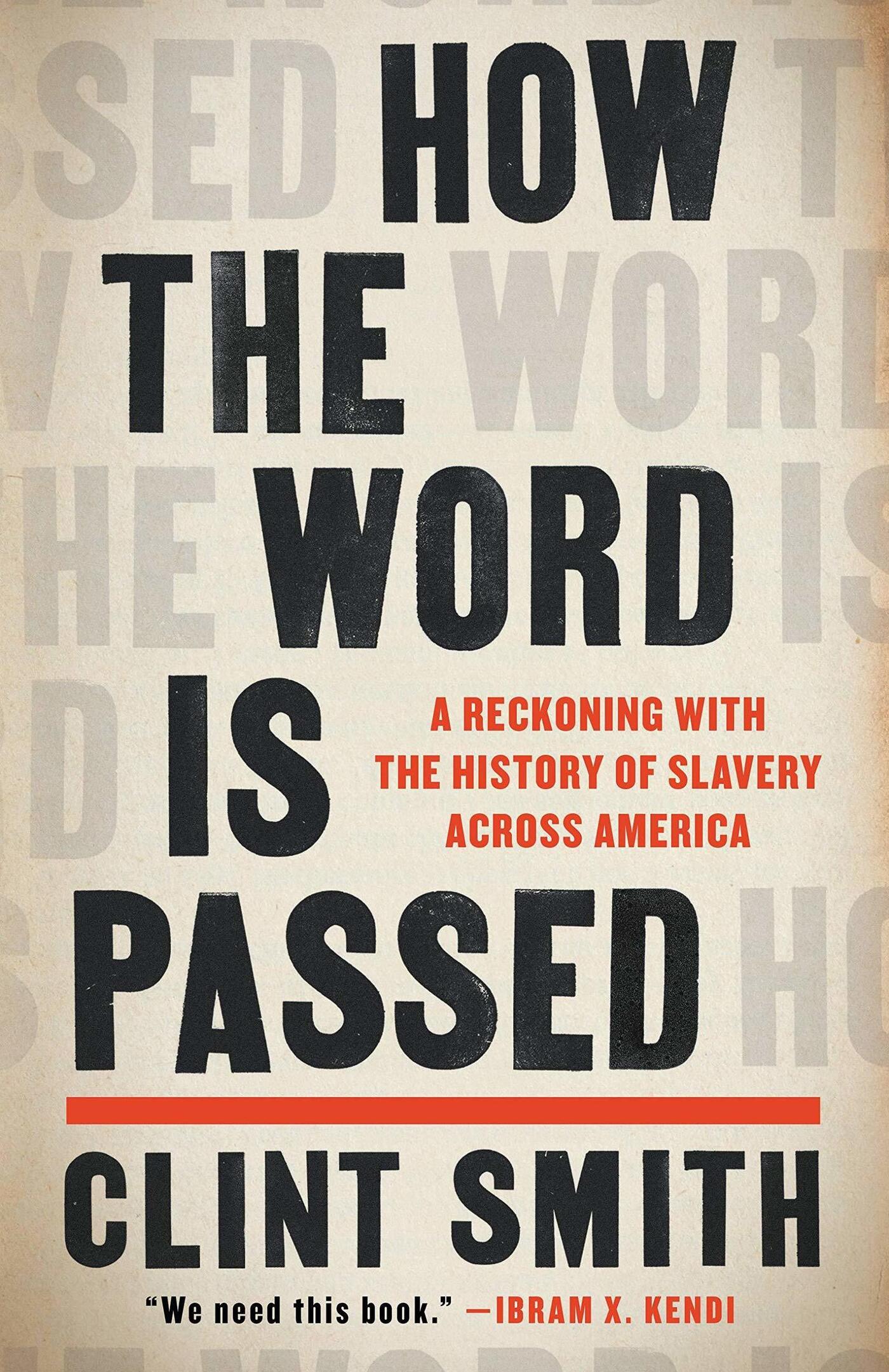Founded in 1896, the Sons of Confederate Veterans describes itself as an organization of about 30,000 that aims to preserve “the history and legacy of these heroes, so future generations can understand the motives that animated the Southern Cause.” It is the oldest hereditary organization for men who are descendants of Confederate soldiers. I was wary of going to the celebration alone, so I asked my friend William, who is white, to come with me.
The entrance to the cemetery was marked by a large stone archway with the words our confederate heroes on it. Maybe a couple hundred people were sitting in folding chairs around a large white gazebo. Children played tag among the trees; people hugged and slapped one another on the back. I felt like I was walking in on someone else’s family reunion. Dixie flags bloomed from the soil like milkweeds. There were baseball caps emblazoned with the Confederate battle flag, biker vests ornamented with the seals of seceding states, and lawn chairs bearing the letters UDC, for the United Daughters of the Confederacy. In front of the gazebo were two flags, one Confederate, one American, standing side by side, as if 700,000 people hadn’t been killed in the epic conflagration between them.
William and I stood in the back and watched. The event began with an honor guard—a dozen men dressed in Confederate regalia, carrying rifles with long bayonets. Their uniforms were the color of smoke; their caps looked as if they had been bathed in ash. Everyone in the crowd stood up as they marched by. The crowd recited the Pledge of Allegiance, then sang “The Star-Spangled Banner.” After a pause came “Dixie,” the unofficial Confederate anthem. The crowd sang along with a boisterous passion: “Oh, I wish I was in the land of cotton / Old times there are not forgotten / Look away! Look away! Look away! Dixie Land.”
I glanced around as everyone sang in tribute to a fallen ancestral home. A home never meant for me. Speakers came to the podium, each praising the soldiers buried under our feet. “While those who hate seek to remove the memory of these heroes,” one said, “these men paid the ultimate price for freedom, and they deserve to be remembered.”
More than a few people turned around in their seat and looked with puzzlement, and likely suspicion, at the Black man they had never seen before standing in the back of a Sons of Confederate Veterans crowd. A man to my right took out his phone and began recording me. The stares began to crawl over my skin. I had been taking notes; now I slowly closed my notebook and stuck it under my arm, doing my best to act unfazed. Without moving my head, I scanned the crowd again. The man in front of me had a gun in a holster.
